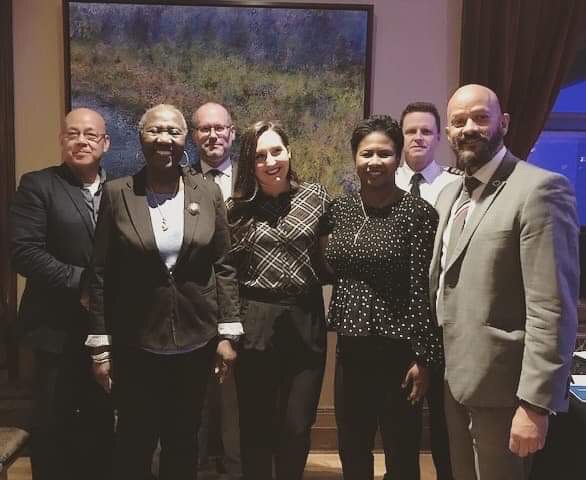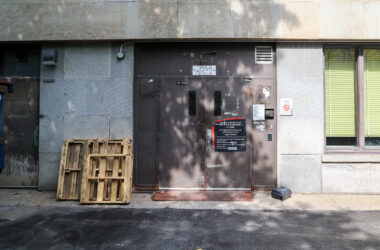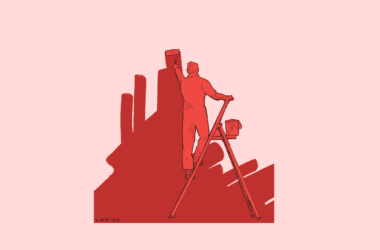To promote a better understanding of systemic discrimination and how to combat it, the Centre for Research-Action on Race Relations (CRARR) and the Criminal Law Group of McGill co-hosted a panel discussion on Feb. 11 titled “Systemic Discrimination: Challenges for Policing in An Age of Diversity and Heightened Public Scrutiny.” The speakers consisted of Quebec Police Ethics Commissioner Marc-André Dowd, Ottawa Police Community Co-chair Ketcia Peters, McGill Department of Psychiatry Assistant Professor Myrna Lashley, and Marc Charbonneau, the chief inspector of the Corporate Service Division of the Montreal Police Service (SPVM).
Alain Babineau, a CRARR advisor and member of the Criminal Law Group, co-hosted and moderated the panel discussion. In an email to The McGill Tribune, Babineau emphasized productive discourse on systemic discrimination requires representatives from both law enforcement and black communities.
“[In] my experience, the conversation [about police discrimination] is usually unidirectional,” Babineau wrote. “The police tell the audience what they do and what they expect from the community. Or, in the case of town hall meeting, the community yells at the police to vent their frustration. In either scenario, it is not typically productive. I believe our panel discussion was interactive and informative for [both the] participants and panellists.”
Speaking from the perspective of the black community, Peters discussed the challenge of reconciling the interests of law enforcement and those of black communities when these conversations occur. According to her, police view themselves as professionals and are, therefore, not always willing to accept the help of civilians. But, in Peters’ view, community members have valuable insight from their own firsthand experiences with systemic discrimination.
“It’s like two different cultures, and they’re not understanding each other.” Peters said. “The police culture, the community culture, they’re not even speaking the same language.”
Laughrey also addressed the misunderstandings between law enforcement and racialized community members. She highlighted the many areas of everyday life in which systemic discrimination manifests itself.
“When I’m talking about systemic racism, I’m talking about policies, practices, and economic and political structures which place racial minorities and ethnic minorities at a disadvantage,” Lashley said. “It’s the things that we take for granted every day that we never question. And the bad thing about it is that the person who’s oppressed, start[s] taking it for granted, too.”
Valérie Black St. Laurent, a member of the Criminal Law Group at McGill and co-host of the panel, believes that systemic discrimination can be best understood through a social lens.
“We seem to have an aversion to the word systemic, […] we tend to take it personally,” Black said. “[I believe] we might want to take it less personally in the sense that we all have a role to play within that system, and, therefore, when we discuss systemic discrimination, it is not a personal attack on a person.”
Nonetheless, Lashley reiterated the need to reflect critically on one’s personal privilege.
“If you never have to ask yourself […] ‘can I do that’ […] you’ve got privilege,” Lashley said. “If you never have to ask yourself when the police car stops, ‘I wonder if they see me as a black person first or if they see me as a human being,’ you’ve got privilege.”
According to Lashley, members of police forces need to acknowledge the power they hold as enforcers of the law. However, police must also be recognized as members of the broader society, and that it is the collective responsibility of communities to combat systemic racism.
“Police are nothing more than members of society,” Lashley said. “And we, as members of society, set the tone. Each time we engage in racism, […] we are setting [that] tone. Don’t expect the police to be different than we are. We are responsible, and if we don’t want our police to engage in bad behaviour, then we must stop behaving [badly…]. But, it is not up to the people who are being oppressed to take away the guilt from the oppressor.”









